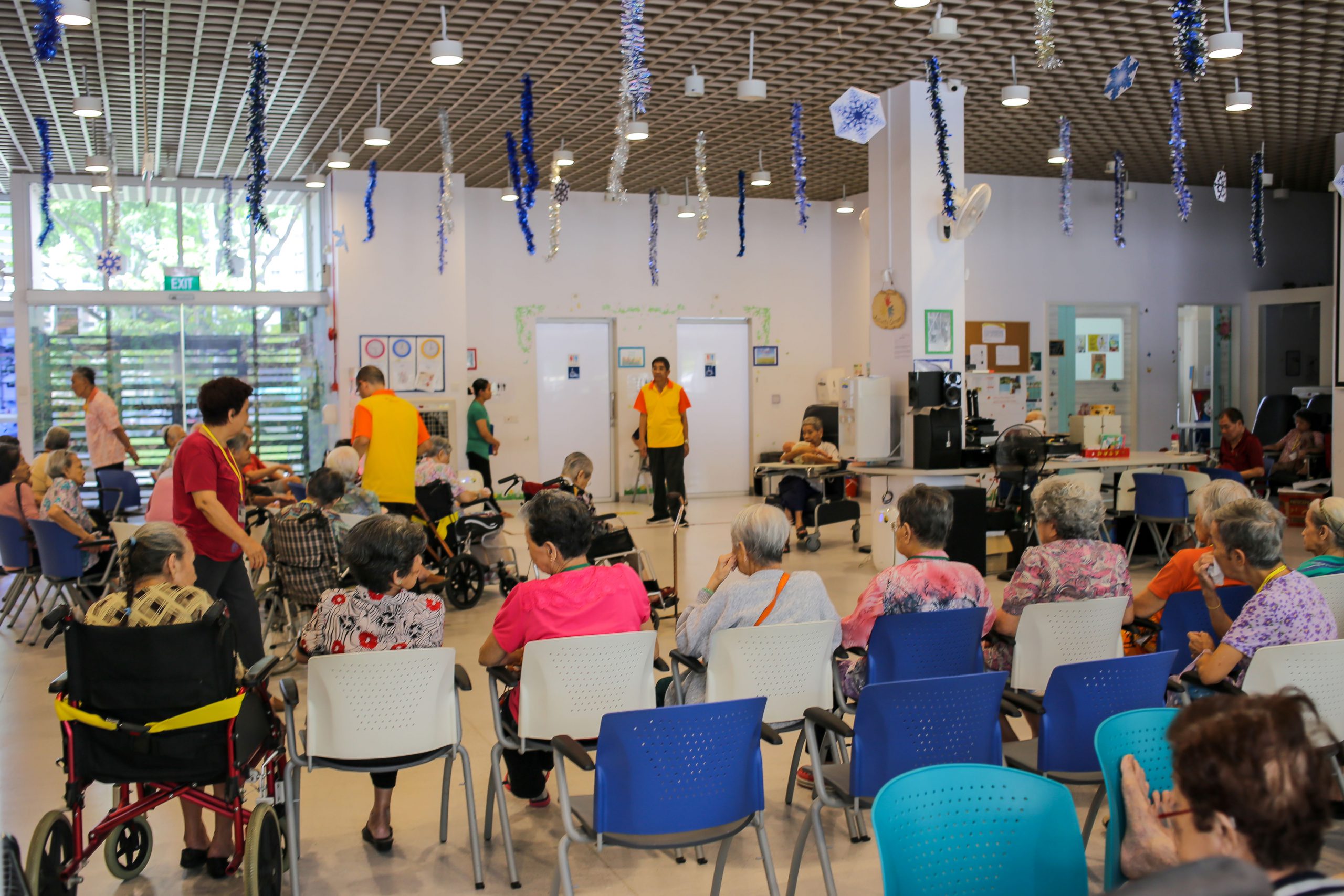Old and lonely after a successful career, and even when living with family
May 24, 2023

Loneliness amongst seniors is increasingly recognised as an issue of pressing importance to public health. Dr Ad Maulod (Duke-NUS Medical School Centre for Ageing Research and Education) and Associate Professor Angelique Chan (Duke-NUS Medical School Centre for Ageing Research and Education & NUS Sociology and Anthropology) discuss salient causes of loneliness amongst the elderly in Singapore in ‘Old and lonely after a successful career, and even when living with family’ (Straits Times, May 2023). They argue that the model for successful ageing, while welcome, may need improvements to effectively tackle elderly loneliness.
Loneliness arises when an individual’s needs for rewarding and meaningful social connections are unmet. The researchers highlight that their two-year study found that a third of seniors spoken to by their Care team reported being mostly lonely. This reporting is more prevalent amongst seniors who feel unneeded and/or fear social rejection.
According to the researchers, perceptions of being unneeded and the fear of social rejection are closely tied to seniors’ social roles and identity. Seniors may lose social roles that were once important to their sense of self during major life transitions. For instance, seniors could lose their roles as a breadwinner, spouse, or parent.
While social isolation is explicitly addressed in the Singapore Ministry of Health’s Action Plan for Successful Ageing, the researchers argue that this response does not adequately address the root causes of chronic loneliness in seniors. The model emphasises active ageing programmes, befriending services, and care and support in the community. Service provision is also geographically delineated.
Dr Maulod and A/P Chan suggest that setting up social groups that allow peers of similar backgrounds and life experiences to connect, regardless of geographical location, might do more to combat chronic loneliness in seniors. This is because doing so can better allow them to relate to people they interact with, bolstering their sense of identity. Furthermore, instead of prescribing template-based activities to engage seniors in programmes, the researchers propose engaging seniors to design spaces and activities that matter to them.
Finally, Dr Maulod and A/P Chan highlight that active ageing and dealing with chronic elderly loneliness is not something restricted to those who are currently old. The researchers urge younger people to be proactive in pursuing work-life balance and ensuring that they cultivate meaningful familial and social relationships that can last them into old age. To them, loneliness is not just a public health issue: it is about creating lives that are meaningful and worth living.
Read the article here: https://www.straitstimes.com/opinion/old-and-lonely-after-a-successful-career-and-even-when-living-with-family
